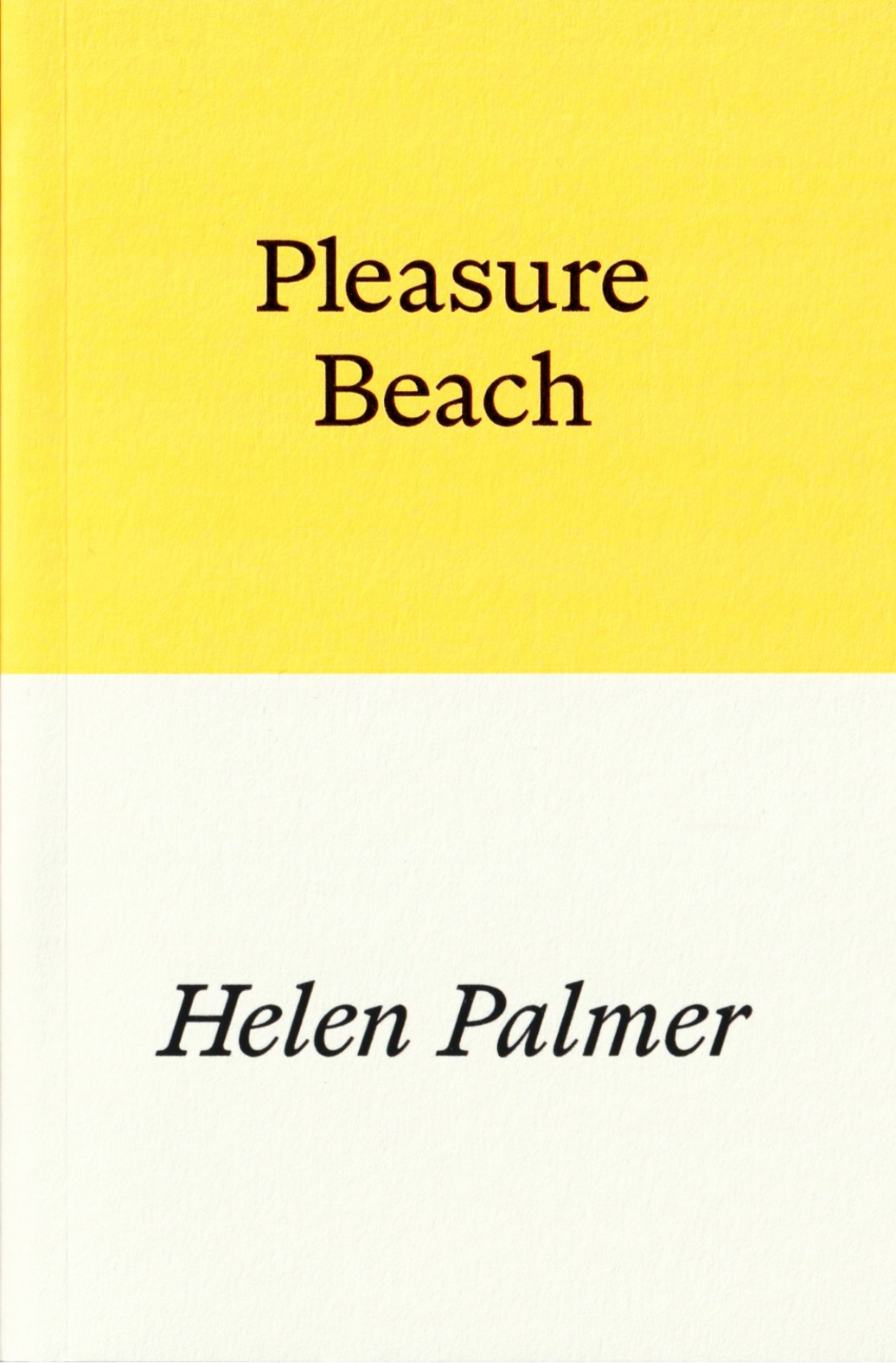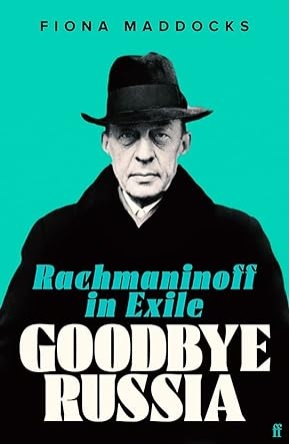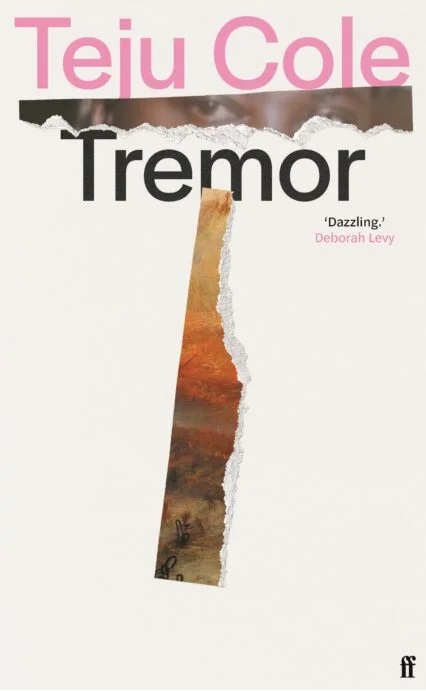From wandering Rachmaninoff to Ulysses tribute, or a poet’s boyhood in Dundee to sleeplessness and arboreal inner lives, our reviewers share their literary picks from 2023.
 Prototype Press continues to publish much of the most interesting British fiction; alongside Jen Calleja’s Vehicle, a particular favourite of mine was Helen Palmer’s Pleasure Beach (Prototype, £12). Set in Blackpool on the 16th June 1999, the novel is a homage to James Joyce’s Ulysses (1922): the homosocial dynamic between Daedelus and Bloom is swapped for two women trying to remember if they slept together at a party the previous evening; Joyce’s abandoned Linnati schema is extended to include the hormone and ingested substance ruling over each chapter. Committed to a romantic-modernist project of lexical expansion with which Ulysses was so synonymous, Pleasure Beach is a moving exploration of the affective and linguistic resources of queer and working class employment and culture. Alice Brewer
Prototype Press continues to publish much of the most interesting British fiction; alongside Jen Calleja’s Vehicle, a particular favourite of mine was Helen Palmer’s Pleasure Beach (Prototype, £12). Set in Blackpool on the 16th June 1999, the novel is a homage to James Joyce’s Ulysses (1922): the homosocial dynamic between Daedelus and Bloom is swapped for two women trying to remember if they slept together at a party the previous evening; Joyce’s abandoned Linnati schema is extended to include the hormone and ingested substance ruling over each chapter. Committed to a romantic-modernist project of lexical expansion with which Ulysses was so synonymous, Pleasure Beach is a moving exploration of the affective and linguistic resources of queer and working class employment and culture. Alice Brewer
 Don Paterson's memoir Toy Fights: A Boyhood (Faber & Faber, £16.99) made me laugh out loud at least once every chapter. It's also intensely serious: about, class, Dundee council estate life, sex, drugs and jazz, and laced with finely distilled anger. After the years depicted here, Paterson turned out to be one of the finest poets of the last few decades but - like all worthwhile artists? - he'd really rather have made it as a musician. He's largely made peace with his talent for words now, though, and his alternation between hilariously hyperbolic rants and sage reflections here made me crave a second volume. Even the footnotes are memorable. Jon Turney
Don Paterson's memoir Toy Fights: A Boyhood (Faber & Faber, £16.99) made me laugh out loud at least once every chapter. It's also intensely serious: about, class, Dundee council estate life, sex, drugs and jazz, and laced with finely distilled anger. After the years depicted here, Paterson turned out to be one of the finest poets of the last few decades but - like all worthwhile artists? - he'd really rather have made it as a musician. He's largely made peace with his talent for words now, though, and his alternation between hilariously hyperbolic rants and sage reflections here made me crave a second volume. Even the footnotes are memorable. Jon Turney
 This year I reviewed Goodbye Russia: Rachmaninoff in Exile (Faber & Faber, £25) by Fiona Maddocks. A study of the composer’s later years after being forced out of his homeland, it rises above the potentially slightly dull nature of the story – Rachmaninoff spent his last 25 years constantly on tour as a pianist, routinely giving umpteen concerts a year while composing very little new music – by finding unexpected sub-plots, particularly in the cast of characters with whom his life intersected. It’s a terrific read and, in its accounts of the composer’s last days, very moving. Bernard Hughes
This year I reviewed Goodbye Russia: Rachmaninoff in Exile (Faber & Faber, £25) by Fiona Maddocks. A study of the composer’s later years after being forced out of his homeland, it rises above the potentially slightly dull nature of the story – Rachmaninoff spent his last 25 years constantly on tour as a pianist, routinely giving umpteen concerts a year while composing very little new music – by finding unexpected sub-plots, particularly in the cast of characters with whom his life intersected. It’s a terrific read and, in its accounts of the composer’s last days, very moving. Bernard Hughes
I happened upon Alejandro Zambra's The Private Lives of Trees (Fitzcarraldo, £10.99) in a small bookshop in Prenzlauer Berg, Berlin during a deep reading rut. I trust anything that Fitzcarraldo publishes, and I also liked its cryptic, botanical title. This is an immensely tender work that is easily read, in fact optimally read, in one sitting. I haven't read another book that meditates as roundly on huge, human questions in such a small body. Published for the first time in the UK this year, Zambra's book was a much-needed jolt back into reading for the sake of it. Lia Rockey
 Every Teju Cole book is an education, a reframing of the world according to race, history, music, art, and so many other things, and this year’s Tremor (Faber & Faber, £18.99) was no exception. It loosely follows the story of one man, Tunde, but, like most of Cole’s work, he follows endless digressions, each elegantly looping back to Tunde’s/Cole’s central ideas and concerns. A particularly well-argued section dispels the myth that artefacts (largely obtained by underhand means) are safest in Western museums, very satisfying to someone (i.e. myself) who works in art. Cole writes beautifully about the hardest things, and is one of the authors who, to my mind, can best conjure up the idea of a city and its multitudes. India Lewis
Every Teju Cole book is an education, a reframing of the world according to race, history, music, art, and so many other things, and this year’s Tremor (Faber & Faber, £18.99) was no exception. It loosely follows the story of one man, Tunde, but, like most of Cole’s work, he follows endless digressions, each elegantly looping back to Tunde’s/Cole’s central ideas and concerns. A particularly well-argued section dispels the myth that artefacts (largely obtained by underhand means) are safest in Western museums, very satisfying to someone (i.e. myself) who works in art. Cole writes beautifully about the hardest things, and is one of the authors who, to my mind, can best conjure up the idea of a city and its multitudes. India Lewis
I was kept up – with rapt attention – by Fitzcarraldo’s translation of Marie Darrieussecq’s heady, labyrinthine, and restless exploration of insomnia. Sleepless (Fitzcarraldo, £12.99) is an allusive tissue of self-reflection, offering disquieting insights into a chronically wakeful world, covering the personal effects as well as the wider political consequences of a society that values – over anything else – incessant productiveness. Penny Hueston’s translation retains the verve and wit of the original, and even adds the lightest of English lilts. It does great justice to the Darrieussecq’s intricate and sensitive work. Jack Barron















Add comment